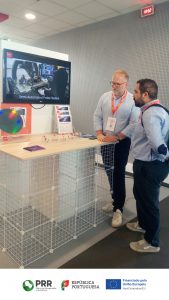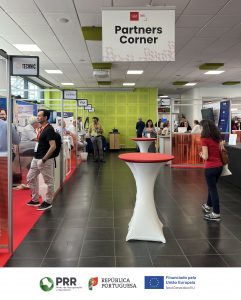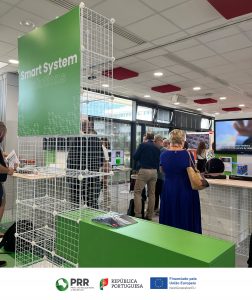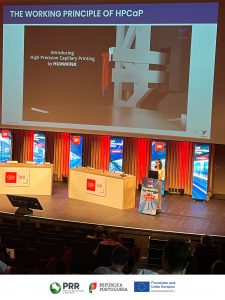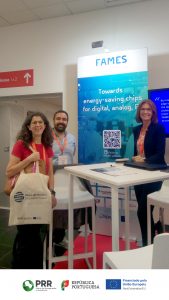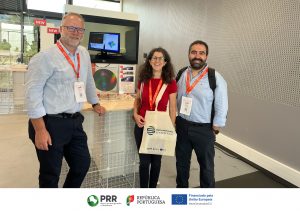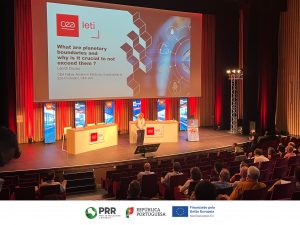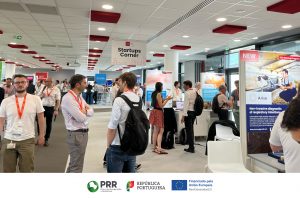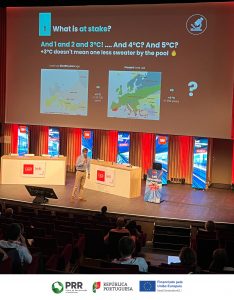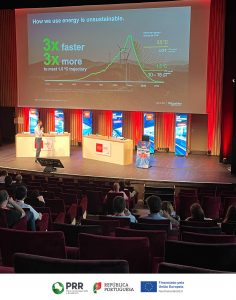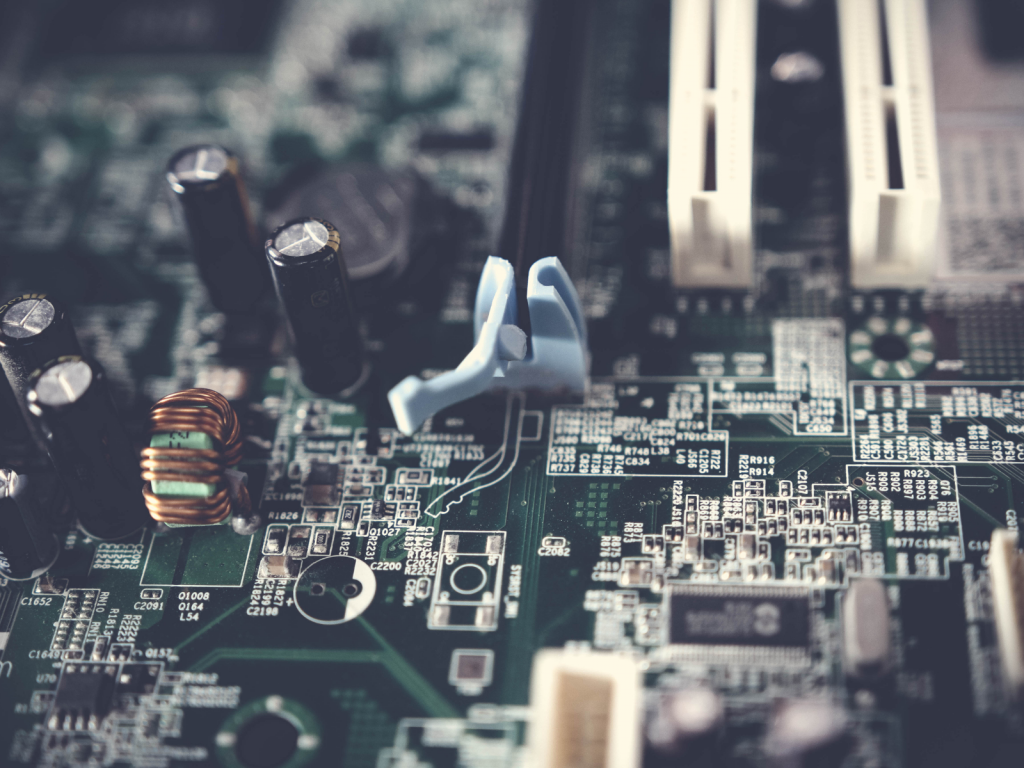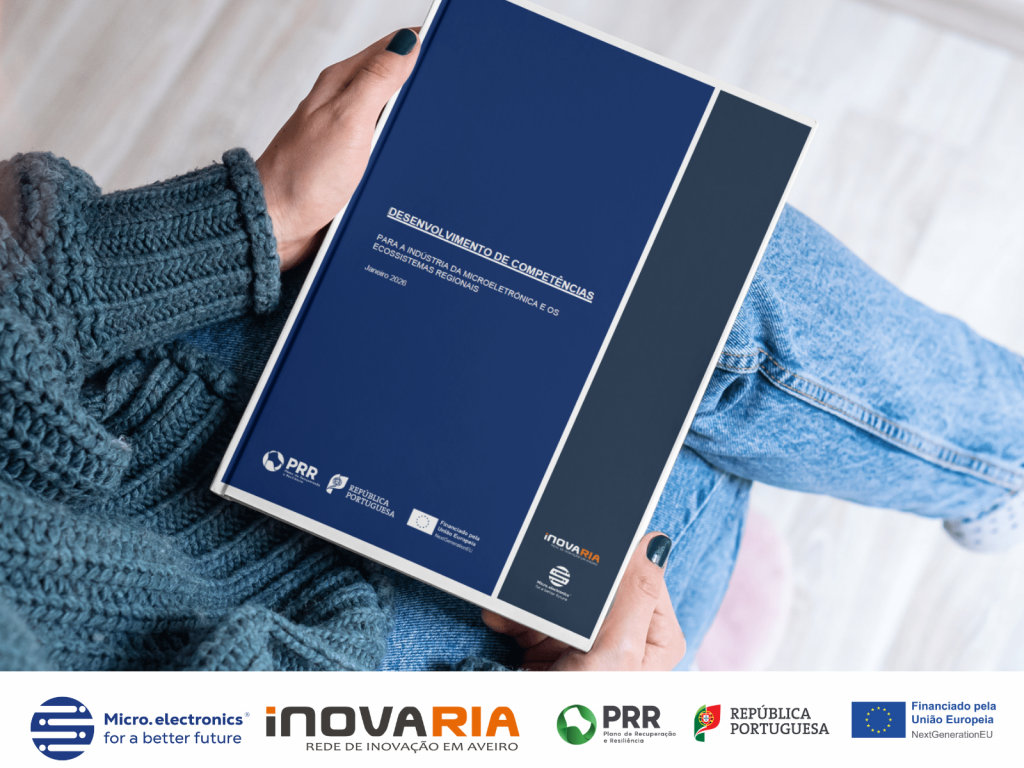On the second day of the Leti Innovation Days 2024, the Microelectronics Agenda partners took part in specialized panels, allowing for an in-depth exploration of crucial topics for the sector. Representatives from PCI and AIDACCI were divided between the “Electronics & Sustainability” and “3D Heterogeneous Integration” panels, respectively, and had the opportunity to visit various innovation stands.
Electronics & Sustainability” panel
The Electronics & Sustainability panel highlighted the urgency of new sustainable approaches to integrated circuits (ICs) throughout their entire life cycle. The morning session focused on planetary boundaries and water management, addressing the vital importance of water in semiconductor manufacturing. In addition, European policies on air pollution and advances in the use of low carbon footprint gases in industry were discussed.
In the afternoon, the focus shifted to the development of methodologies and tools that promote a more sustainable design of power electronic systems. There were also discussions on the challenges of repairing and re-evaluating industrial processes, highlighting technologies such as high-precision hair printing. The day ended with a panel on the compatibility of business and sustainability, with a special focus on supply chain decarbonization programs and entrepreneurship focused on climate action.
3D Heterogeneous Integration” panel
The panel on 3D Heterogeneous Integration, with the motto “Any wafer from any foundry for your needs”, explored high performance computing (HPC), quantum and Radio Frequency (RF). This panel sought to clarify doubts about applications, architectures, design, technology and the impacts on existing ecosystems. The use of modular chiplets was highlighted for its ability to allow the choice of the most appropriate technology for each subcomponent, resulting in more powerful, efficient and cost-effective systems.
In the morning, companies such as Cerebras, IBM, CEA-Leti and Lightmatter presented innovations centered on Chiplets for advanced computing. In the afternoon, Prophesee, Siemens, CERN, IQM and Aledia discussed Heterogeneous Integration and the challenge of diversity, highlighting the importance of collaboration between organizations, companies and researchers. The need to establish standards, workflows and pilot lines to speed up the implementation of these technologies was emphasized.
Visits and networking
During the event, PCI and AIDACCI also established valuable contacts. Bertrand Szelag from Leti spoke about the European PhotonixFAB project, developed under the Chips Act, which aims to boost innovation in the field of photonics. Tony Maindron from Minalogic presented the INFRACHIP project, funded by the Horizon Europe program, which offers design tools and pilot lines for prototyping, testing and experimenting with chips throughout Europe. Pascale Caule from the SINANO Institute spoke about the ICOS project, which aims to create an international network of players in the semiconductor sector, strengthening Europe’s position in global value chains.
The “Microelectronics Agenda” project runs from January 1, 2022 to December 31, 2024 and is co-financed on a non-repayable basis for a total eligible amount of 6.749,3749.13 by the Portuguese Recovery and Resilience Plan through Next Generation EU.
